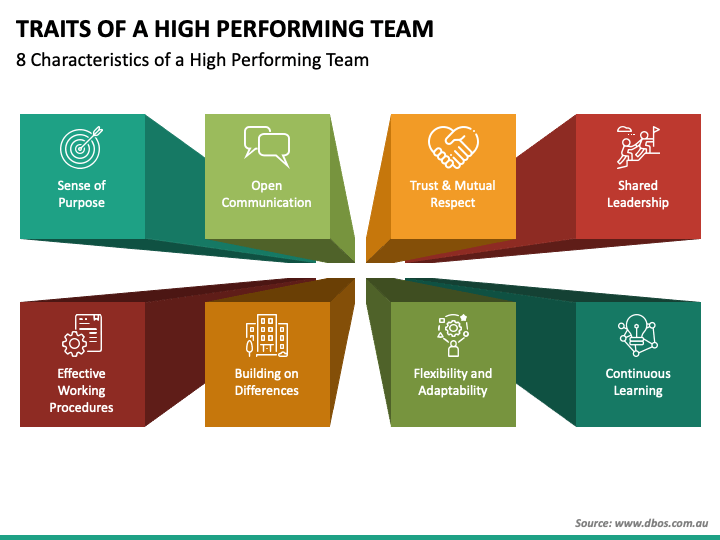The three psychological needs essential in a high-performing team are autonomy, competence, and relatedness.
Of these, relatedness, or the desire to feel connected to others, has always been the trickiest for organisations to cultivate. It’s one thing to attract talented employees — but how exactly do you get them to like each other? When people feel psychologically fulfilled, they tend to be healthier, happier, and more productive.
Here are the 8 characteristics of a high-performing team with strong ‘relatedness’
- Sense of Purpose:
Individuals with a sense of purpose have clearly defined their mission and goals since the beginning. These people have set their eyes on the priorities and are driven with a strong focus on results and solution. - Open Communication:
One of the most important characteristics of a high-performing team is open communication. Members who are not afraid to express their ideas and thoughts, as well as listen to what others have to say, are indeed professionals. - Trust and Mutual Respect:
Respect and trust are two words that correlate with each other. In a professional setting, a leader and its followers do exist. As part of a team, both should learn how to trust and respect each other. - Shared Leadership:
An effective leader asks for ideas and suggestions from their members. They value their team’s insights and are not autocratic. This kind of leader understands the key role of their members. - Effective Working Procedures:
Aside from being highly skilled, effective team leaders are also resourceful. They don’t stop at “good” but rather aim for the “best”, every chance they get. They encourage creativity and find the most outstanding way to achieve their goal. - Building on Differences:
Efficient leaders don’t look at differences as drawbacks of an individual. Instead, they use it as a weapon to create alternatives and other approaches that may be useful in different situations. - Flexibility and Adaptability:
A high-performing team consists of adaptable and agile individuals. Variables like a fast-paced working environment don’t scare these kinds of people for they can easily adjust to any given situation. - Continuous Learning:
The hunger for discoveries and newly acquired knowledge is the last characteristic of a high-performing team. Their desire to learn everything that they can or what might help improve their craft is an essential matter.
A great way to help team members understand their relatedness to others is to help them appreciate the value and contribution they make to any team. We do this by measuring their energy for impact using the GC Index.

Julia Felton (aka The Business Wrangler) is the founder of Business HorsePower. Business leaders, entrepreneurs and executives hire her to accelerate their business performance by harnessing the energy of their people to work more collaboratively together. By aligning purpose with actions the team achieves exponential results as everyone starts pulling in the same direction.
Julia believes that business is a force for good and through designing purpose-driven businesses that leverage the laws of nature, and the herd, you can create businesses founded on the principles of connection, collaboration and community that make a significant impact in the world.






